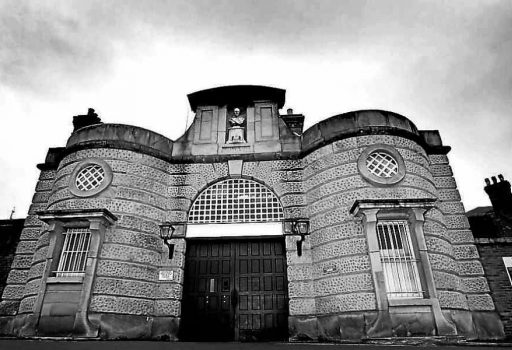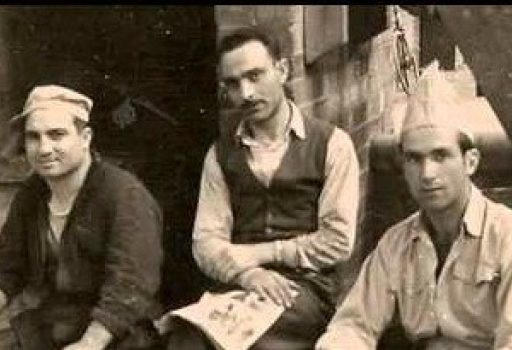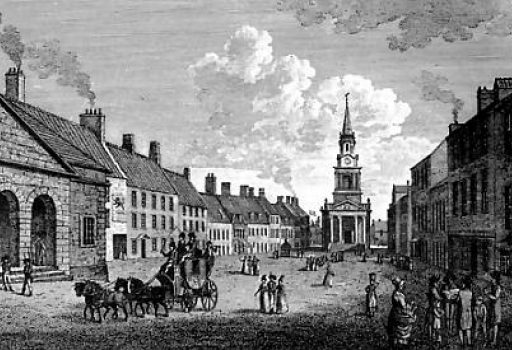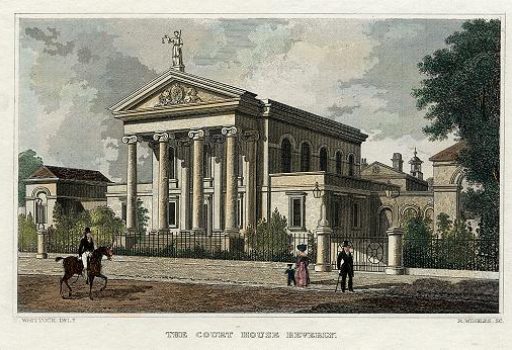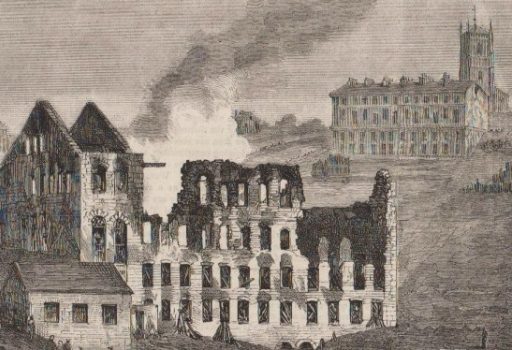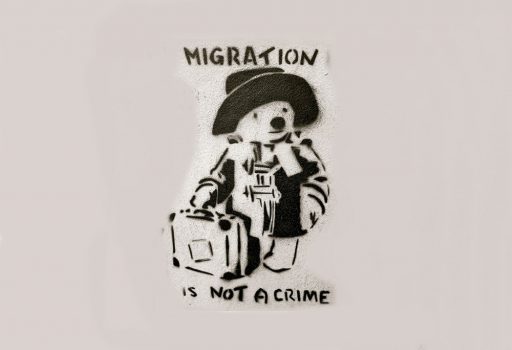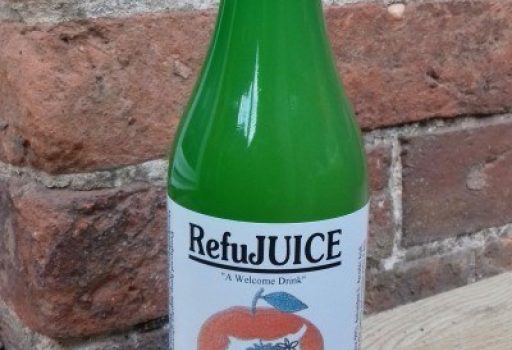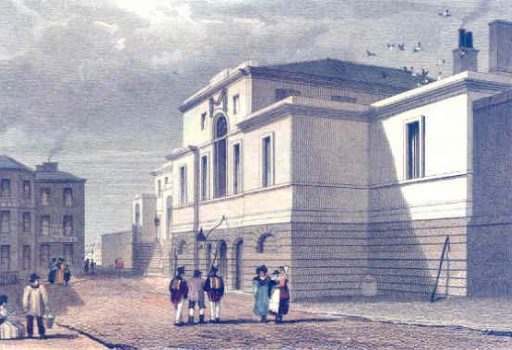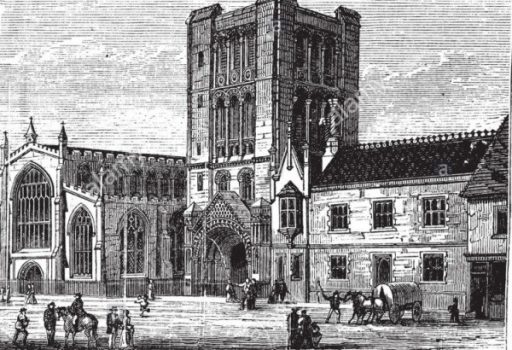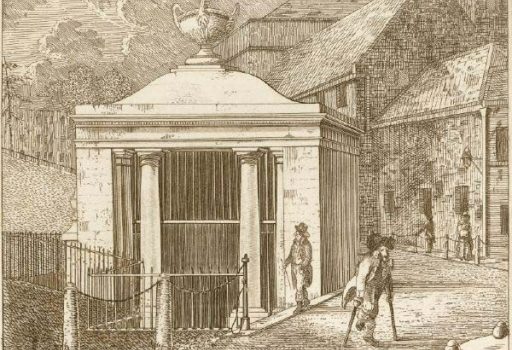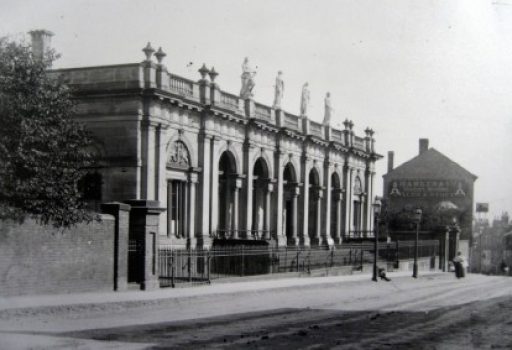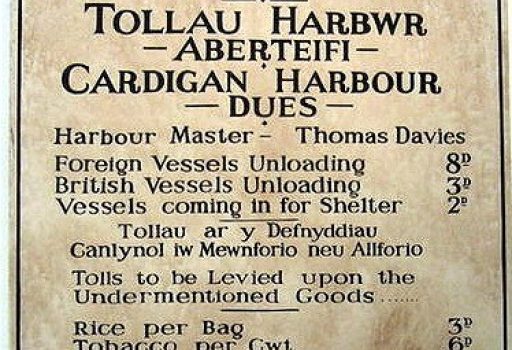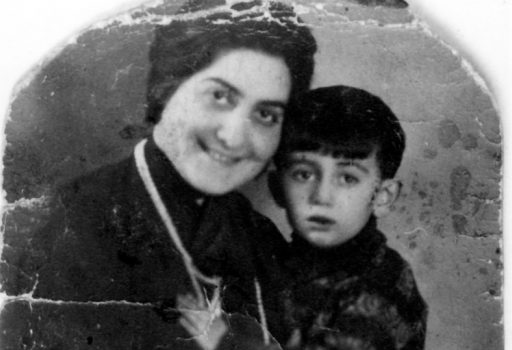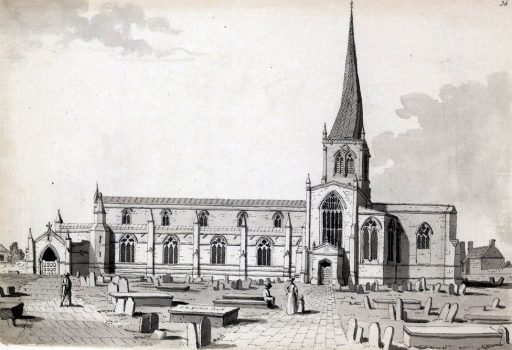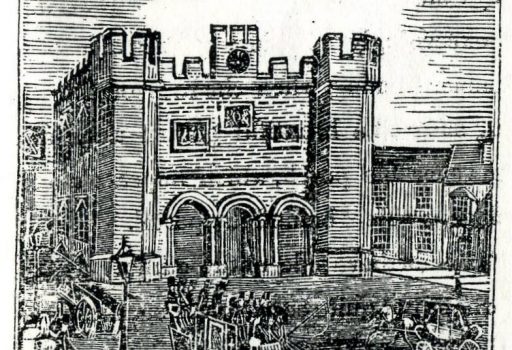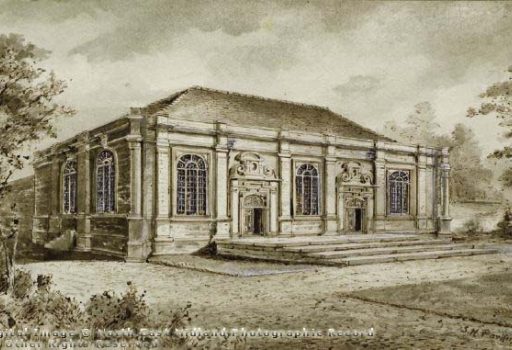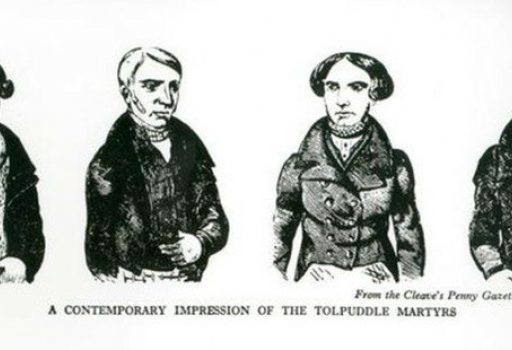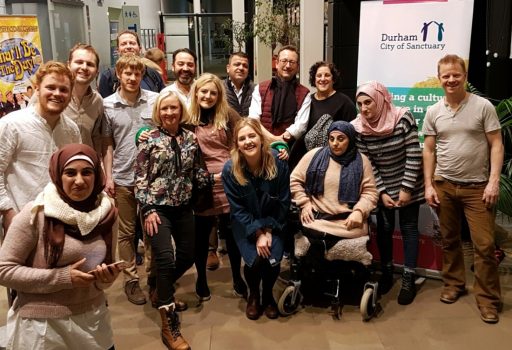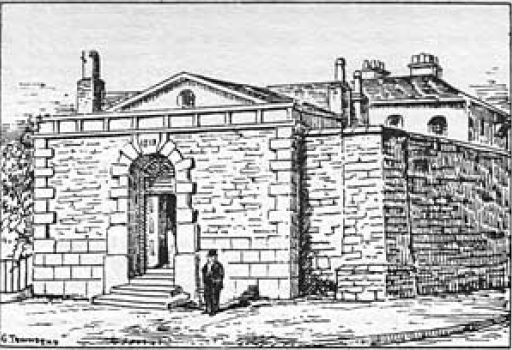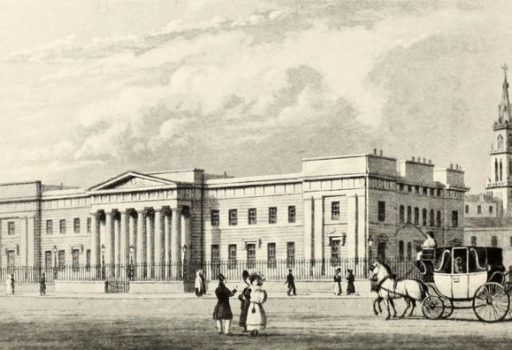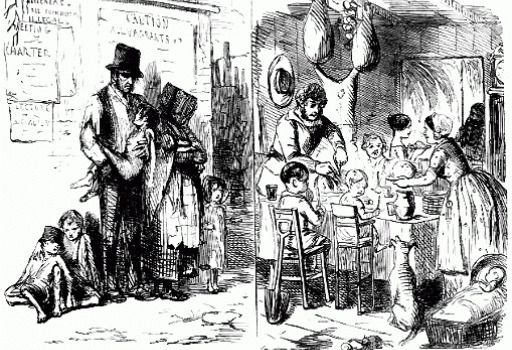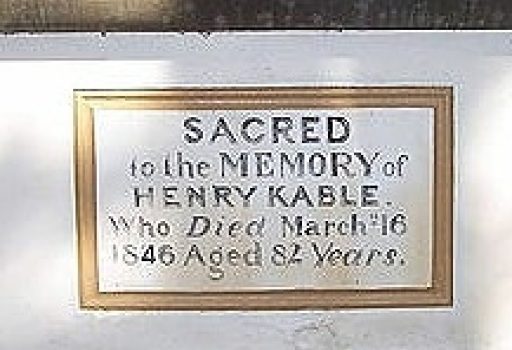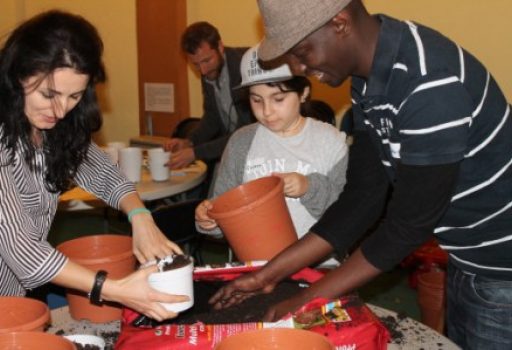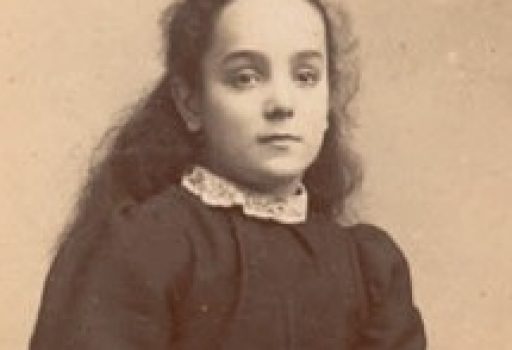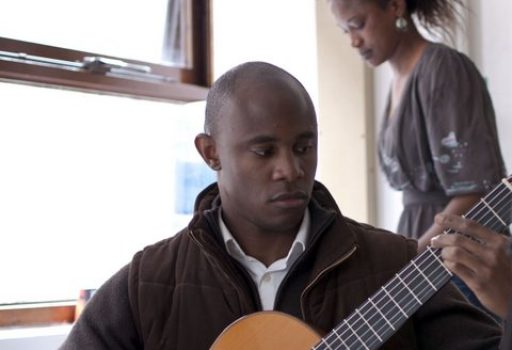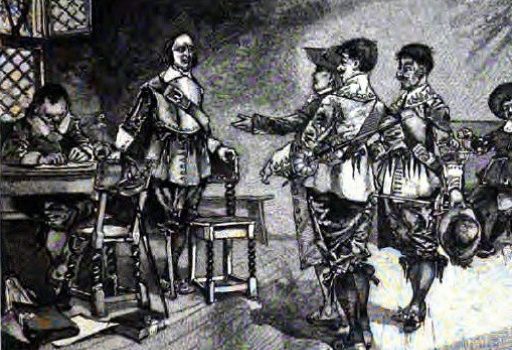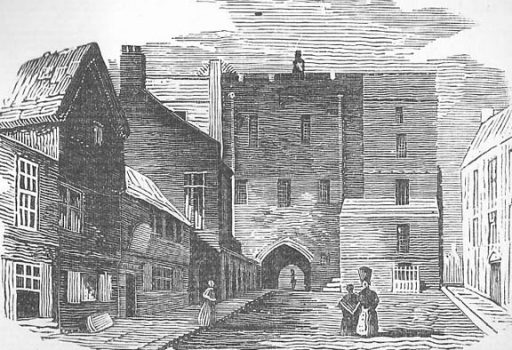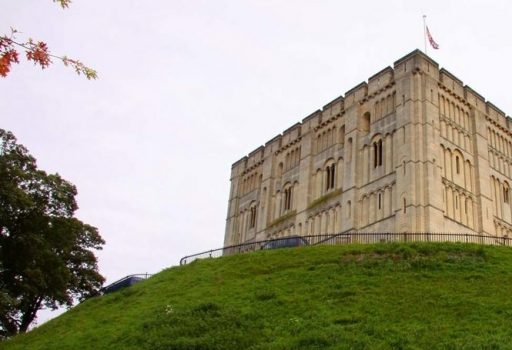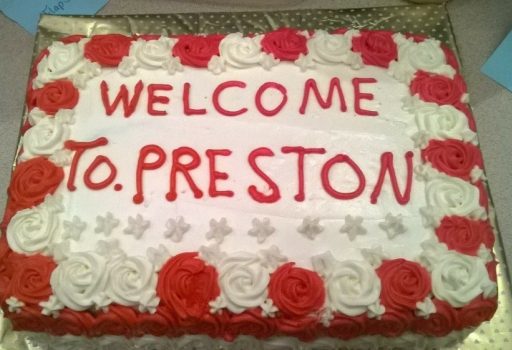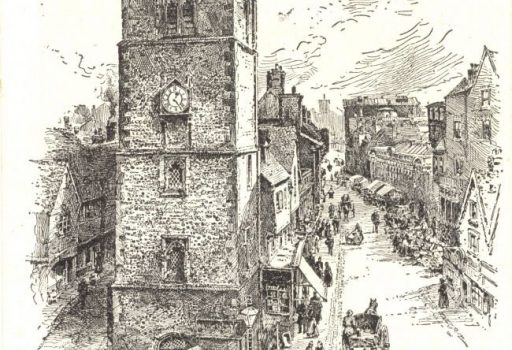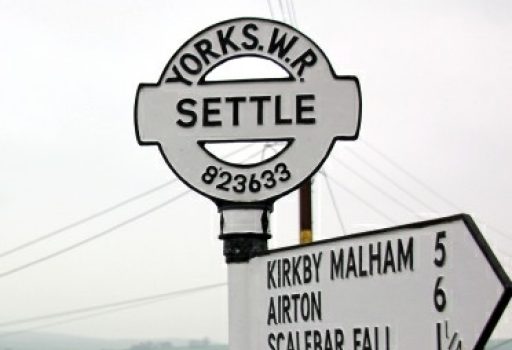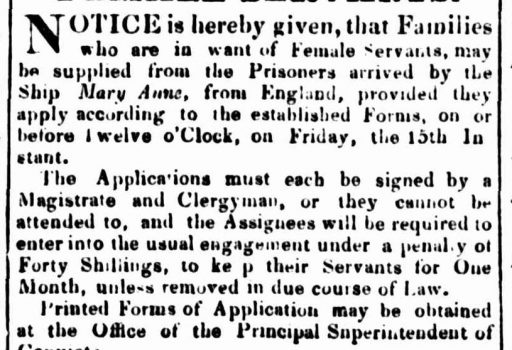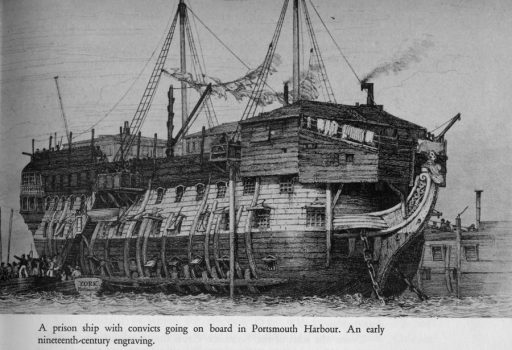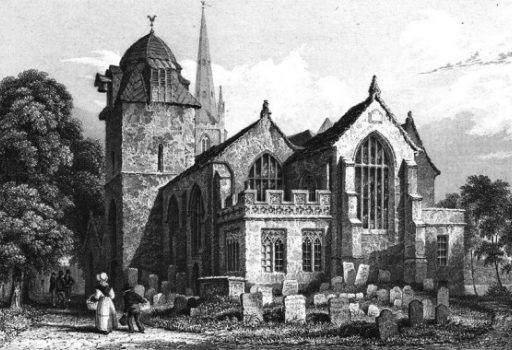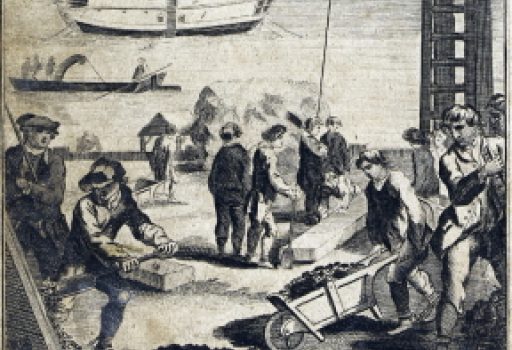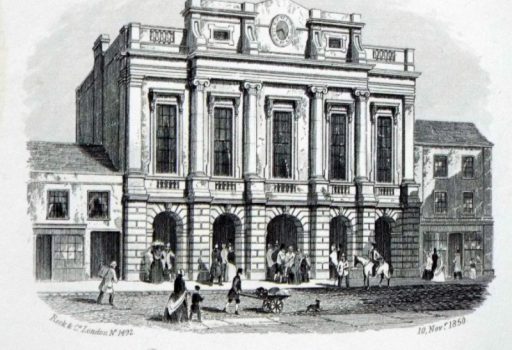On the same ship as Henry and Susannah were nine convicts from the Shrewsbury Assizes. The youngest was JOHN BENNETT, described as a young man but an old rogue. Within four months of arrival in Australia, he was hanged for stealing food. He was not yet 20. THOMAS STRETCH was a miller, tried for stealing goods worth three shillings, while labourer ROGER TWYFIELD got seven years for stealing 10 shillings.
One of the most famous Shrewsbury convicts was MOLLY MORGAN, who arrived on the second fleet in 1790, a horrific trip during which one third of the convicts on her ship died. Molly escaped back to Britain, was caught and transported again. When finally freed, she farmed and ran inns, becoming one of the wealthiest landowners in the Hunter Valley. She funded schools and hospitals. She made good.
In 1817 a 25-year-old labourer from Shrewsbury called RICHARD HOWELL was sentenced to death for stealing sheep. His sentence commuted to 14 years transportation, he was taken to New South Wales, where he got married, got free, worked hard and made his life in Gundaroo in the valley of the river Yass. He died aged 80 in 1859.
An 11 year old boy and his mother crouch beside other refugees as their boat approaches Harwich. They’ve escaped horror in their homeland, they’re seeking sanctuary in Britain. They’re lucky. A couple in Caernarfon has sponsored their arrival, teachers who answered an ad in the Guardian. But they’ve had to leave the father behind. And when they land, they’ll be separated, the mother for work, the boy to foster parents.
This is 1938. ROBERT and his mother are Austrian Jews. The boy is so traumatised, his foster parents remove the whistle of the kettle. It reminds him of the police rounding up jews in the Vienna Ghetto.
In March next year, 1939, they get the father out. He finds work here in Shrewsbury, in the Silhouette Corset factory. A factory created by refugees, German jews – forced out of business by the Nazis – who set up production in London where again, in 1940, they were forced out by the Nazis, this time by their bombs. They came to Shrewsbury, became one of the town’s main employers and created one of Britain’s most successful makers of underwear and swimwear. A steady stream of refugees, like Robert’s father, worked in this factory and lived their whole life in Shrewsbury.
In November 2015 a Syrian boy called YAMEN DHNIE who had fled to Greece was photographed in a refugee camp wearing a jumper from Belvidere Primary School in Shrewsbury. Local radio reported this, provoking a flood of local opinion about migration. Many were proud that support from Shrewsbury was reaching refugees in Greece, that clothes sent from the town were proving helpful. Others shared their hatred of refugees, arguing they should stay in their own country and certainly not come to Britain. Then, two people decided to spray the words “Syians Welcome” (sic) across the gates of Shrewsbury’s old prison. Presumably they hoped their graffiti would show that refugees would only be welcome in prison. But, ironically, the prison they chose – the Dana prison – was once the unhappy home of many petty criminals condemned to transportation as British migrants to Australia.
